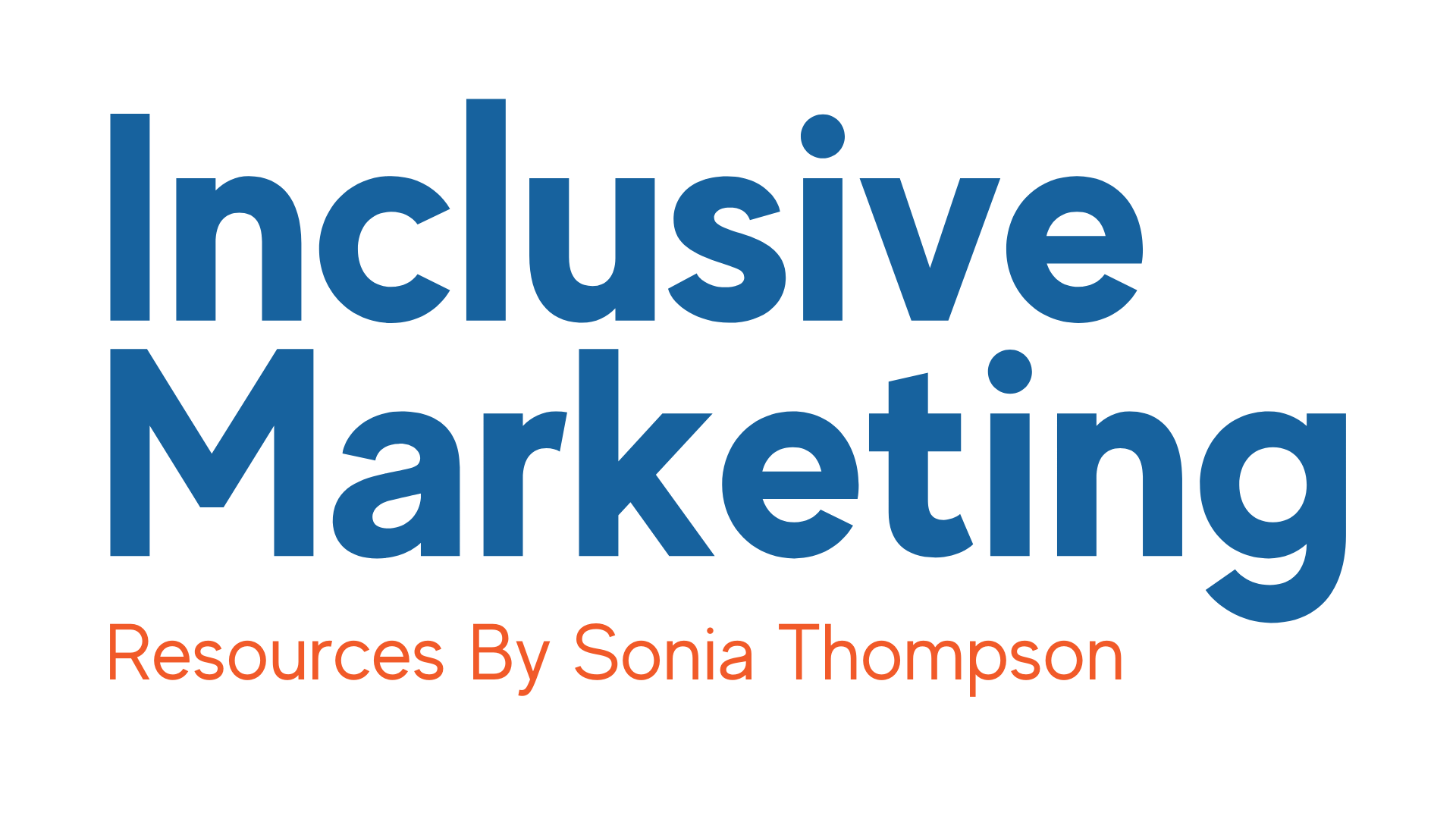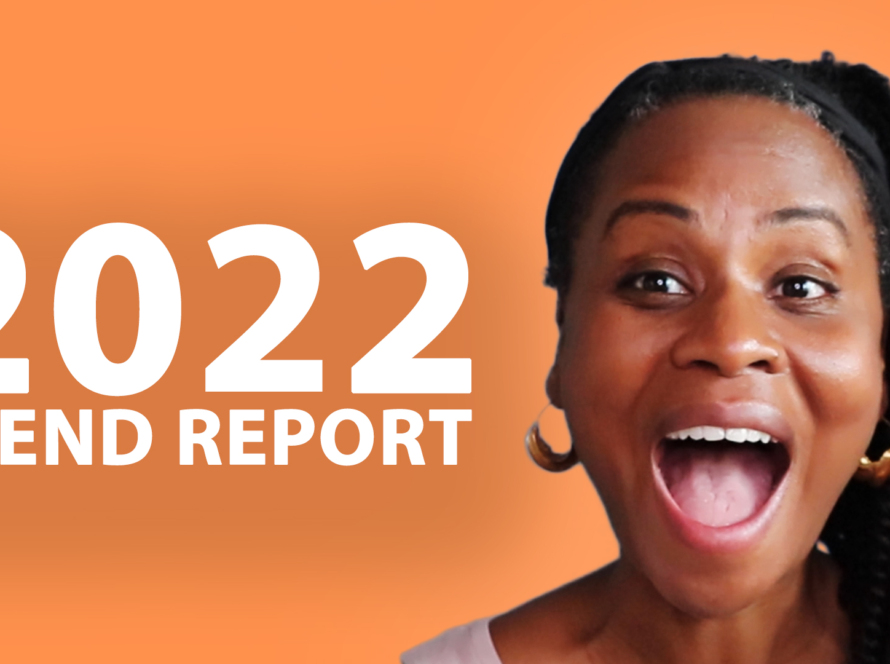Netflix and Dave Chappelle got a lot of people all hot and bothered recently. Now, while there was a lot of commentary talking about exactly what went down, there were very few people providing any sort of guidance for people like you on what lessons you should learn from Netflix’s response from the whole saga from an inclusivity standpoint. Well, that all ends today.
Dave Chappelle and Netflix Inclusive Marketing Controversy Recap
Just to catch you up in case you’re not aware of everything that went down, here’s the cliff notes version. Dave Chappelle did a Netflix special called The Closer. And in it, there were a number of people who felt like some of his comments were transphobic and homophobic. Afterwards, Netflix co-CEO introduced a series of internal memos that, of course, came to light publicly, basically expressing that he knew that there were a number of people within the company who were upset, who didn’t agree with his comments. But the bottom line was, Netflix was going to keep The Closer on Netflix. Case closed.
Since then, Netflix co-CEO has come back and said, “Whoops, sorry with all those memos. I screwed up. The memos lacked humanity. Sorry. However, the Dave Chappelle special will still remain on Netflix.” Dave Chappelle has offered a number of responses in which he denies being transphobic and homophobic, particularly in this special. And he feels like he is a victim in this case.
What we’re not here to do today is a comment on whether or not Dave Chappelle’s comments were right or wrong, or how you should feel about those. You’re going to have your own feeling about that one way or the other. And I do want to talk about specifically how Netflix handled this whole situation, because it was very cumbersome, it was very clunky, and a lot of people were upset. Now that’s not to say that whenever it comes to whatever you’re doing from an inclusive marketing standpoint, that everyone is going to be happy with what you’re doing.
Inclusive Marketing Strategy #1: Be proactive and transparent
There are some things that you can pick up from Netflix’s missteps so you don’t repeat the same mistakes. The first thing that Netflix should have done was be more proactive and be more transparent with everything that was going down. Of course, Netflix didn’t start issuing those memos until after there was a sufficient amount of backlash for people who felt harmed or were offended and appalled by what Dave Chappelle said. As a result of all that backlash, Netflix went forward and issued a memo stating what their stance was that they were going to keep the program on the air.
The responses happened largely because of the backlash, but it’s not like Netflix didn’t know what was in the documentary or that it might cause a bit of an uproar. There were plenty of executives within Netflix who had seen the special, who knew the contents of it, who knew that it might be controversial. They could have added some type of warning that the content might be considered offensive to some. There were also a number of other things that were going on. One employee busted into an existing Netflix meeting to talk about the controversy, talk about the harm that was being caused by this special. And this employee ultimately ended up getting suspended.
Now, a lot of people felt like this person was suspended because they were protesting or because they were speaking out against Netflix decision, which really Netflix said, “No, this person was suspended because they came uninvited to a meeting and they disrupted a meeting.” Again, people were allowed to develop their own commentary, their own narrative about this. And Netflix never really commented on it, which added fuel to the fire in people’s angst in there being upset with the company.
They could have gotten ahead of that, which would’ve given people more pause or given them a chance to decide if they wanted to view it or not, or to just let them know that they understand that there was going to be some type of disagreement with it. That’s not to say that from an inclusivity standpoint, everyone is going to agree with what you’re doing. That’s not the point here. There will be always people who are going to be upset about something you’re doing.
However, it is important to communicate your values, communicate your stance, communicate wherever possible, proactively in advance, where you stand on an issue. And if people think that where stand deviates from an existing policy you have, it is your responsibility to make sure that you do a sufficient job explaining why something is the way it is. In addition, be proactive in your communications rather than reactive. Whenever you’re reacting to anger and calls for you to do something immediately, you’re always going to back up against the wall, preparing yourself and trying to… It’s going to be an uphill battle.
When I worked at my corporate job, I can’t tell you the number of hours we spent whenever we got wind of some sort of negative news that might happen in advance. The time that we spent huddled up in an office, preparing communications, just in case down news or a negative news came out, that we were prepared to issue communications to our sales teams, to our field teams proactively so they knew how to respond, so they can process their own emotions. Netflix should have done the same thing and you can too.
Inclusive Marketing Strategy #2: Hold space for your team
The next thing Netflix should have done was hold space. They knew and acknowledged in their memos that there were a number of team members and employees that were upset. They knew that. And they said something like, “Hey, it never feels good whenever people on our team feel bad.” That just feels empty. People had real visceral reactions. There were some people who feared for their life because they felt like the comments were actually going to lead to violence, more discrimination against the trans community.
It’s serious enough that it can impact your peace of mind, that it can impact how you show up to work and your ability to get work done in the short term, because this is something that is essential for your survival and how you live and your quality of life. Thinking back to what happened in summer 2020 after the murder of George Floyd and through a lot of what was happening with the Black Lives Matter movement. There were a number of companies who issued communications that they were taking the time, because they knew so many of their team members were impacted emotionally, physically, mentally by everything that was happening in the world. They wanted to make sure that they took time to hold space for them.
So that looked having town hall meetings, having small team meetings, giving people an opportunity to talk about their feelings, talk about what was happening, talk about how it was impacting them and to even get support from a professional capacity where it made sense. After the murder of George Floyd and Marie Forleo’s B-School program, there was quite a bit of backlash because the same thing was happening. There were people, particularly black women who were in the program who wanted to talk about what was going on. They needed to process their emotions. They needed to process it in the context of their businesses and what they were learning.
But there was a lot of screenshots that were shown where the community or the leadership within that program were shutting the people down. They were not holding space. They weren’t providing an opportunity to do so. And people felt harmed. They felt offended. They felt appalled. They felt like what was happening, the company not providing that safe space, was in violation of their values and it wasn’t congruent with their values. Make sure that you create a culture where holding space is something that can happen very easily, that people know it’s okay to share, it’s okay to express themselves, it’s okay to not be fully a 100% presence in your work whenever you’re processing all these deep emotions and deep feelings. Hold space for your team.
Before we go to the third thing, I want to know, has there ever been a time where an organization that you were a part of, held space or didn’t hold space in response to a major issue that was happening or major events that were happening at the company or in the world, let me know. Drop it in the comments below and let’s have a dialogue about holding space and the benefits of it and detriments of not holding space whenever the people on your team need to do so.
Inclusive Marketing Strategy #3: Offset the harm that was caused
The third thing that Netflix should have done in response to this whole controversy is do something to offset the harm that was caused. No matter how you personally feel about Dave Chappelle and his comments, there is one thing that was clear. Harm was caused. People were harmed emotionally, physically, mentally. It made them distraught. Harm was caused. What should Netflix have done to offset the harm that was caused? Think about the whole concept of being carbon neutral.
So whenever you go and ride on an airplane, there are negative impacts to the environment that are happening no matter what, just as a fact of the plane being in the air. So what do a lot of companies do? They offer carbon offsets to neutralize the harm that they’ve done. It doesn’t erase it, but it does acknowledge that we contributed negatively in some way to a situation, we are going to issue these offsets in some other area, and that is going to help us try to make this situation right or to neutralize, at the very least, the harm that has been done.
Netflix could have done the same thing. They could have done something to offset the harm that was caused. They could have donated to causes that are important to the trans community. They are a content platform. They could have provided another opportunity by creating additional content that talked about the trans community, talked about issues that were impacting them. Talk about what their plight was. And help position the trans community in a different light that was completely opposite of the types of things that were being said in the special. It doesn’t appear that they intended to do that.
So what can you do? If you find that you are in a situation where your company, your brand has caused harm in some way, you can’t take back the harm that was caused, but you can work to minimize it and to make the situation better and make sure that you have a plan in place, or at least know that this is something that want action that you can take to minimize the harm that was done.




